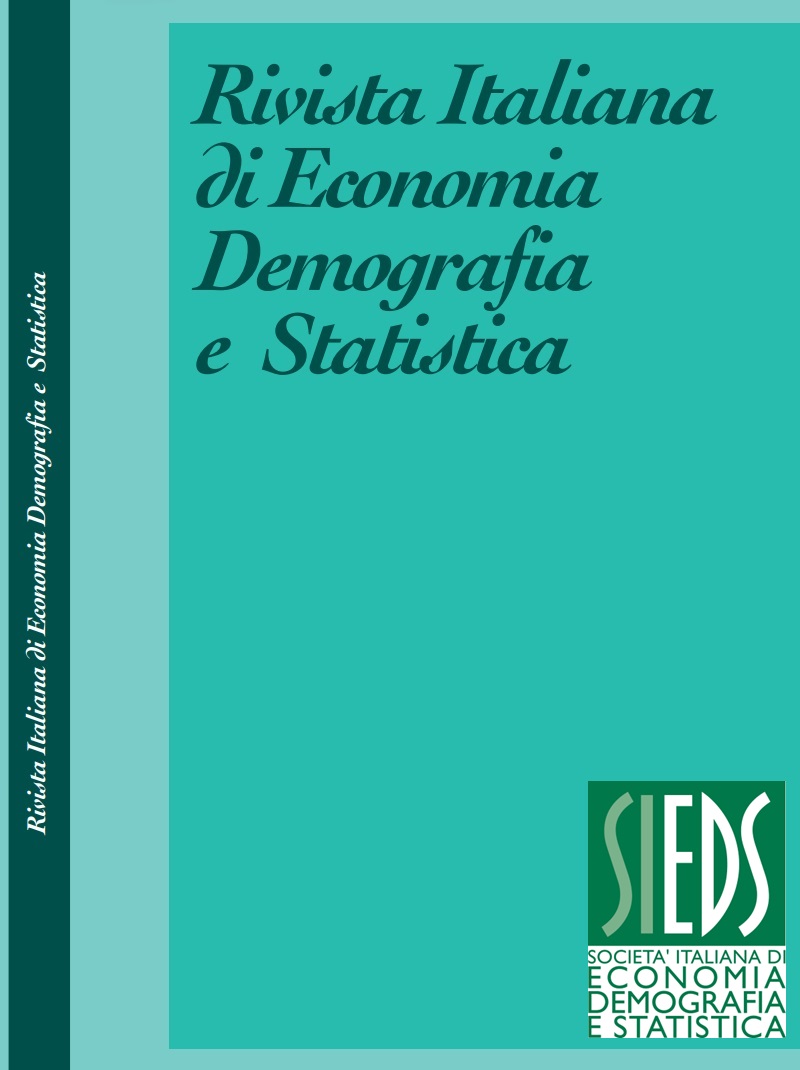Shaping the future of Italian education: overcoming challenges and seizing opportunities
DOI:
https://doi.org/10.71014/sieds.v78i3.403Abstract
This conference speech discusses key findings from the ISTAT Annual Report 2024 on Italy’s education system, highlighting both progress and significant challenges. While Italy performs comparably to other European countries in bachelor’s and master’s degree attainment, it lags in doctorate and specialized degrees, as well as overall education levels among young people, many of whom hold only secondary school diplomas. These gaps stem from systemic issues but can be addressed through joint efforts by families, students, and universities. Families should foster resilience and independence rather than overprotection, while students must demonstrate accountability, motivation, institutional discipline, and a commitment to learning. Universities, in turn, must embrace their evolving role by teaching lifelong learning skills, aligning with labour market needs, fostering innovation, and strengthening ties with businesses and other institutions. Pursuing high-quality academic research to enhance institutional reputation and to grow doctorates, adopting innovative teaching practices, improving resource allocation, and collaborating effectively with external stakeholders including companies are essential steps to transform universities into drivers of growth, benefiting young people, businesses, and Italian society as a whole.
Downloads
Published
Issue
Section
License
Copyright (c) 2024 Federico Visconti

This work is licensed under a Creative Commons Attribution 4.0 International License.



